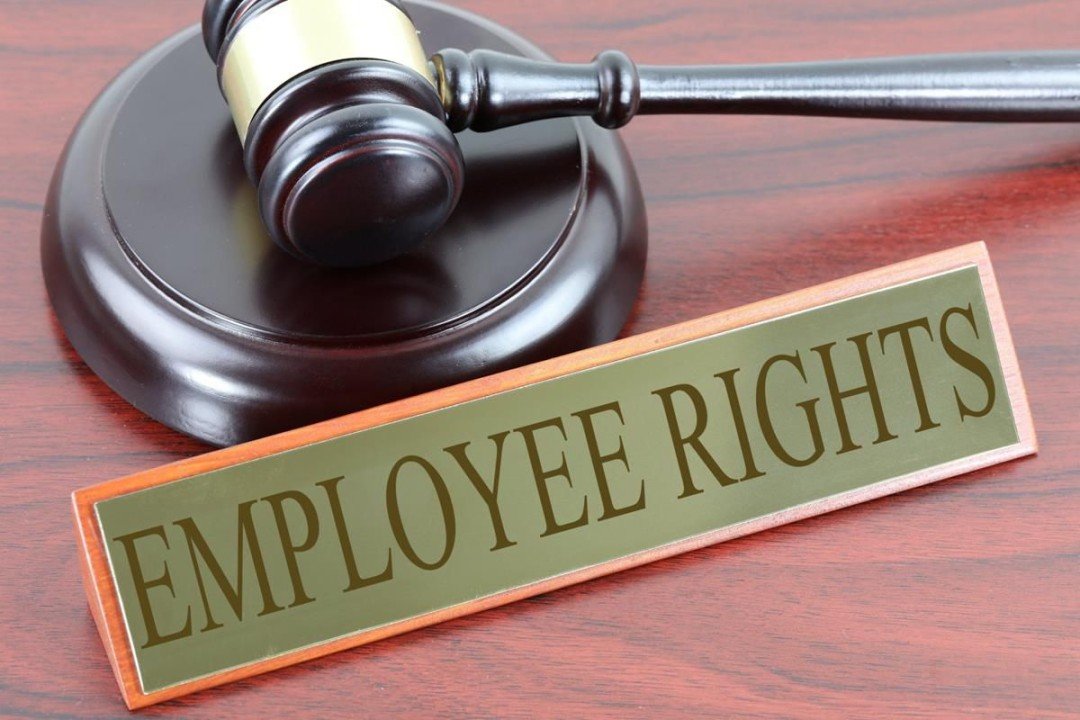Work-Life Balance: A Guide for Skilled Profes
Balancing is one of the crucial things to implement in ...

One crucial aspect of the industry landscape that often goes overlooked is employee rights. Unanimously, everyone is entitled to abide by certain legal rights in a place or nation. So, why neglect employee’s rights? As an employee, it is important to know that workplace rights are upheld. These laws are implemented to protect employees from unjust treatment, such as bullying from employers. Thus, understanding these legal rights is one of the most crucial ways to protect yourself from unfair treatment. This guide aims to provide skilled professionals with a clear understanding of employee benefits in the UK. Engage with us until the end of this article!
As an employee, your rights are beyond just securing fair compensation. It also encompasses working in a safe and respectful environment. Thus, Employee rights refer to a set of legal principles that an employee is entitled to uphold whilst at the workplace. These laws are designed to empower employees to stand up for themself during the cause of unfair treatment within the workplace. While these rights may vary based on the business, sector and state, understanding these laws is necessary for employees and employers.
Employee rights are important for various reasons. Here are some of its importance:
Employee rights serve as a shield against harassment in workplaces. Within workplaces, some laws prohibit employee harassment of various types. Employers may face lawsuits if they are caught or reported to have harassed an employee, either physically, morally, emotionally, sexually, etc.
Within some workplaces, discriminating against one’s colour, race, disability, religion, belief, and culture is a day-to-day routine. But, in places of work where employee rights and laws are observed, understood, and implemented, equal respect is given to all staff regardless of their age, colour, race, disability, religion, belief, or culture. Thus, employee rights help in eradicating discrimination, especially in multicultural workplaces.
Within the UK labour market, there are legal and appropriate salaries or wages that should be paid to employees. As of the latest update, the minimum wage is $7.25 per hour. This means that no employer should pay their employee anything less than $7.25 for each hour. Also, it’s worth noting that employee can receive a payment greater than the minimum wage, it all depends on their skill and experience. That aside! In some workplaces in the UK, this law isn’t upheld. That is, some employers pay below the minimum wage. But, with acknowledgement of employee rights, this regulation can be put in accordance and not neglected.
Aside from the standard salary or wage, employees are entitled to receive compensation as an appreciation for their extra effort in the company. Knowing your rights as an employee ensures that you take full advantage of these compensation and incentives in the workplace.
Employees are entitled to receive regular and continuous pay for their service(s) from their employer. Employee rights ensure a regular payday and mode of payment. When employers violate this rule, it’s termed negligence of a lawsuit, and they may face the penalty.
Employee rights ensure that employees take short breaks. These breaks could be lunch breaks, vacations, maternity breaks, time off, etc. These laws ensure that the necessary break and rest periods are not overlooked during working hours.
An employment contract, also known as an employment agreement, is a legally signed agreement between an employer/company and an employee. The contract outlines the terms and conditions (T and C) of the employment. That is, the employee provides his/her rules and regulations and the employer also provides the company’s terms and obligations. An employee contract outlines the following:
Read Also: Staying Healthy and Well: Mental and Physical Wellness for Students
Every worker in the UK is entitled to a range of legal rights while they are employed. These rights ensure fair and equal treatment and a safe working environment for employees. The fundamental rights workers have over employers include:
The UK government protect employees and their rights in workplaces. Here are the key reasons:
Read Also: Timeline for UK Immigration Rule Changes in 2024
Grievance procedures are formal processes that allow employees to raise concerns or complaints about their employment conditions. The typical steps in a grievance procedure include:
2 Comments